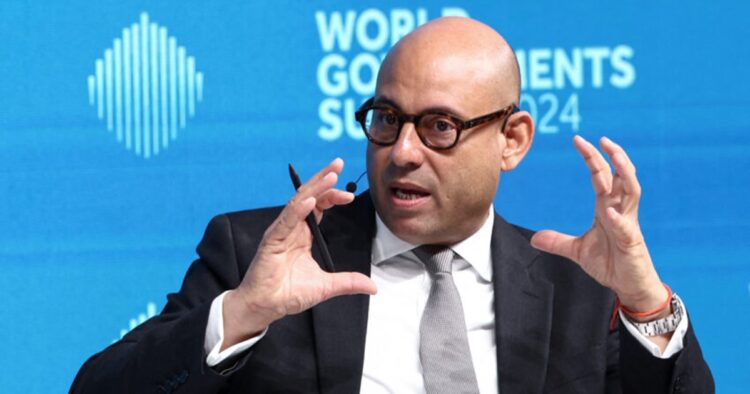In a poignant address titled “Two years to save the world,” UN climate chief Simon Stiell sounded the alarm on Wednesday, stressing that the planet has only a two-year window to prevent a climate catastrophe. He urged nations to urgently bolster their climate strategies outlined in their nationally determined contributions (NDCs) under the Paris Agreement. Stiell pointed out that current NDCs fall short of significantly reducing emissions by 2030, a critical milestone identified by the Intergovernmental Panel on Climate Change (IPCC) to curb global warming to 1.5°C.
Speaking at Chatham House in London, Stiell emphasized the need for a new wave of ambitious national climate plans to drive down greenhouse gas emissions. He underscored that while every country must submit updated plans, the responsibility largely falls on the G20 nations, which contribute around 80% of global emissions.
The UN climate chief stressed the pivotal role of a new climate finance agreement expected at the upcoming UN Climate Conference (COP29) in Baku, slated for November. Stiell urged both developed and developing nations to reach a consensus on enhanced financial support, including concessional finance, innovative funding mechanisms, revamped development banks, and debt relief for the most vulnerable countries.
The urgency of Stiell’s remarks is underscored by the continued rise in global temperatures. March marked the tenth consecutive month of record-breaking heat, with the twelve-month period from April 2023 to March 2024 registering the highest average temperature on record, surpassing the 1991-2020 average by 0.70°C, according to the EU’s Copernicus Climate Change Service.
COP29 holds particular significance for countries like Bharat, which have pressed for immediate delivery of climate finance from developed nations. Bharat’s environment minister Bhupender Yadav has emphasized the need for trillions of dollars in accessible and affordable finance by 2030 to meet climate goals.
Stiell’s call for action also targets the G7 and G20 nations, urging them to ramp up their climate efforts. He warned that without substantial action, supply chain disruptions and inflation would worsen significantly.
With elections underway in 64 countries this year, including the U.S. presidential race, Stiell appealed to voters to prioritize climate action. He stressed that public pressure is essential to ensure climate remains a top priority for governments.
Highlighting the need for addressing inequalities and climate finance, Stiell advocated for a “quantum leap” in financial commitments. He outlined four key components for a successful climate finance deal, including increased concessional finance, new funding sources, reforms to development banks, and debt relief for the most affected nations.
Stiell’s warnings echo Bharat’s concerns, with Minister Yadav emphasizing the critical importance of technology and climate finance for developing countries. He reiterated Bharat’s stance that climate finance must be substantial, accessible, and affordable to meet the ambitious targets set for 2030.

















Comments